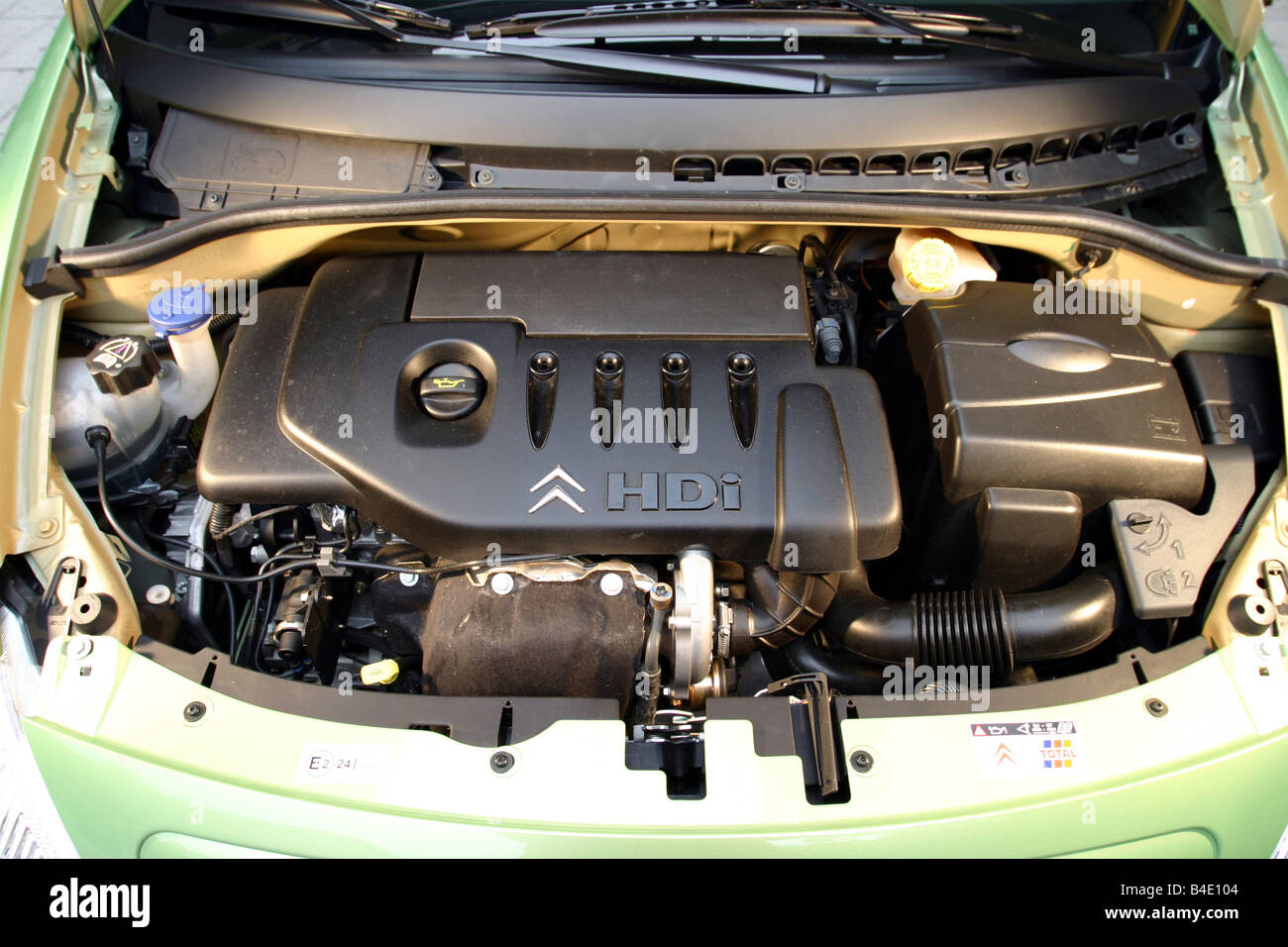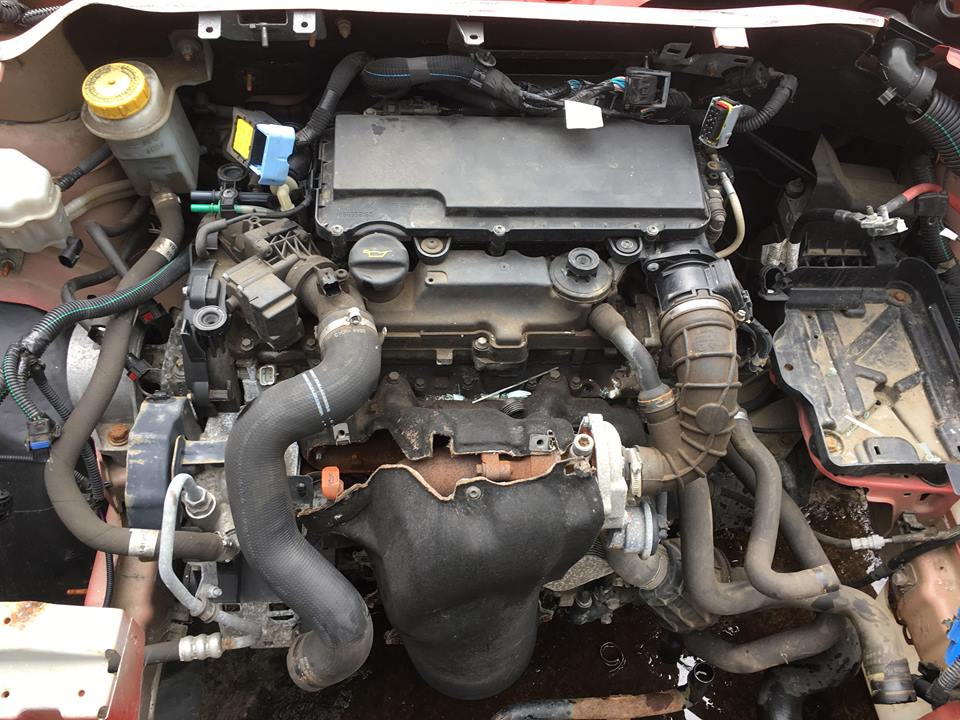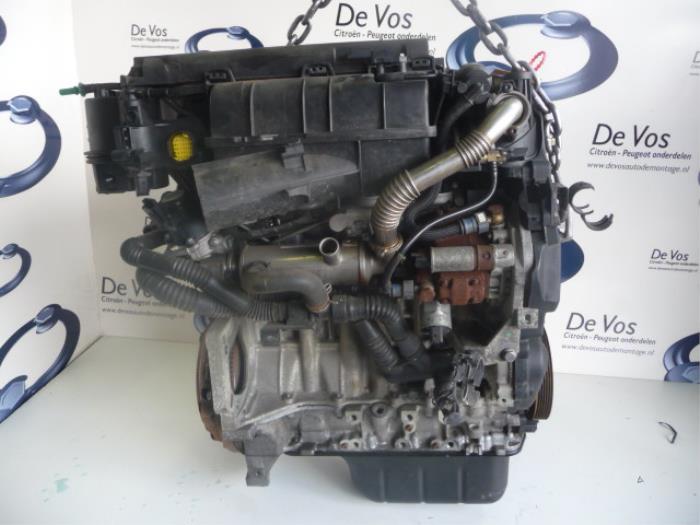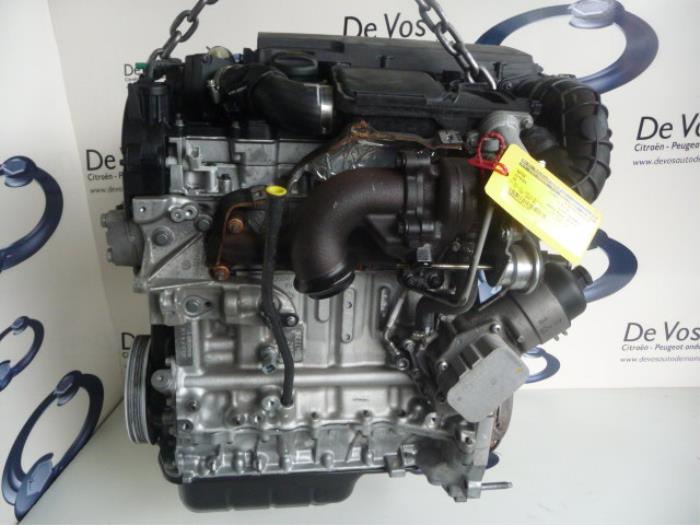The Citroen 1.4 HDi Engine: What You Need to Know
The Citroen 1.4 HDi engine is a stalwart of the small diesel engine world, found under the hoods of numerous Citroen models and various other vehicles across the PSA (Peugeot-Citroen) group. Known for its fuel efficiency and relatively compact size, this engine has been a popular choice for drivers seeking a balance of performance and economy. This article provides a comprehensive overview of the Citroen 1.4 HDi, covering its specifications, common issues, and overall reliability. Whether you’re a current owner, considering purchasing a vehicle with this engine, or simply curious, this guide will equip you with the essential information.
Understanding the Basics: What is the 1.4 HDi?
The 1.4 HDi (High-pressure Direct injection) engine is a four-cylinder, inline diesel engine developed by the PSA Peugeot Citroën group. It’s a common-rail diesel engine, meaning fuel is delivered directly into the cylinders under high pressure, resulting in improved combustion efficiency and reduced emissions compared to older diesel technologies. This engine was designed for compact and subcompact vehicles, offering a good blend of performance and fuel economy. Its relatively small displacement also often translates to lower road tax and insurance costs.
Key Specifications and Features
Here’s a breakdown of the key specifications and features you should be aware of:
- Engine Code: Typically identified by engine codes like 8HZ, 8HR, or DV4TD/DV4TED. The specific code indicates variations in power output and component configurations.
- Displacement: 1.4 Liters (1398cc)
- Cylinders: 4, Inline
- Fuel System: Common Rail Direct Injection
- Turbocharger: Often equipped with a variable geometry turbocharger (VGT) for improved performance and efficiency.
- Power Output: Varies depending on the specific model and year, typically ranging from 68 to 90 bhp.
- Torque: Generally produces between 160-200 Nm of torque, providing good low-end pulling power.
- Emission Standards: Complies with various Euro emission standards, depending on the year of manufacture and specific configuration.
Common Issues and Potential Problems
While the 1.4 HDi is generally a reliable engine, like any mechanical component, it’s susceptible to certain issues. Being aware of these potential problems can help you diagnose issues early and prevent more significant damage.
- Turbocharger Failure: The turbocharger can be prone to failure, especially if the engine isn’t properly maintained. Symptoms include loss of power, excessive smoke, and unusual noises.
- EGR Valve Problems: The Exhaust Gas Recirculation (EGR) valve can become clogged with soot, leading to reduced performance, rough idling, and increased emissions.
- Fuel Injector Issues: Fuel injectors can become blocked or fail over time, causing misfires, poor fuel economy, and difficulty starting the engine.
- Timing Belt and Water Pump: Regular replacement of the timing belt and water pump is crucial to prevent catastrophic engine damage. The recommended intervals vary, so consult your vehicle’s service manual.
- Oil Leaks: Oil leaks from various seals and gaskets can occur, requiring timely attention to prevent engine damage.
- DPF (Diesel Particulate Filter): Some models are equipped with a DPF, which can become clogged with soot. Regular driving at higher speeds helps regenerate the DPF.
Maintaining Your 1.4 HDi: Tips for Longevity
Proper maintenance is key to ensuring the longevity and reliability of your 1.4 HDi engine. Here are some essential maintenance tips:
- Regular Oil Changes: Use the correct grade of oil and adhere to the manufacturer’s recommended oil change intervals.
- Fuel Filter Replacement: Replace the fuel filter at the recommended intervals to protect the fuel injectors and fuel system.
- Timing Belt Replacement: Replace the timing belt and water pump according to the manufacturer’s schedule. This is a critical preventative measure.
- Air Filter Maintenance: Regularly inspect and replace the air filter to ensure proper airflow and prevent engine damage.
- EGR Valve Inspection: Have the EGR valve inspected periodically and cleaned or replaced if necessary.
- Professional Servicing: Rely on qualified mechanics familiar with the 1.4 HDi engine for servicing and repairs.
- Use Quality Fuel: Fill your vehicle with high-quality diesel fuel to minimize potential issues.
- Monitor for Warning Lights: Pay attention to any warning lights that illuminate on your dashboard and seek professional assistance promptly.
Vehicles Commonly Equipped with the 1.4 HDi
The 1.4 HDi engine was used across a wide range of Citroen models, including:
- Citroen C1
- Citroen C2
- Citroen C3
- Citroen Berlingo
This engine was also widely used in Peugeot vehicles and other PSA group products, such as the Fiat Scudo.
Conclusion: Is the 1.4 HDi Right for You?
The Citroen 1.4 HDi engine offers a compelling package of fuel efficiency, compact size, and acceptable performance, making it a popular choice for small vehicles. While it’s generally reliable, it’s essential to be aware of potential issues and to prioritize proper maintenance. By following the recommended service schedule and addressing any problems promptly, you can enjoy years of dependable service from this economical diesel engine. If you’re looking for an affordable and fuel-efficient vehicle, the 1.4 HDi is certainly worth considering, but be prepared to invest in regular maintenance to keep it running smoothly.
Frequently Asked Questions (FAQs)
1. What is the typical fuel economy of a 1.4 HDi engine?
The fuel economy of a 1.4 HDi engine typically ranges from 50 to 70 mpg (miles per gallon), depending on driving conditions, vehicle model, and driving style.
2. How often should the timing belt be replaced on a 1.4 HDi?
The timing belt replacement interval typically falls between 60,000 and 80,000 miles, or every 4 to 6 years, depending on the specific model and manufacturer’s recommendations. Always consult your vehicle’s service manual for the most accurate information.
3. What type of oil should I use in my 1.4 HDi engine?
Always use the oil grade and specifications recommended in your vehicle’s owner’s manual. Typically, a 5W-30 or 5W-40 synthetic oil that meets the appropriate ACEA and manufacturer specifications is recommended.
4. What are the symptoms of a failing EGR valve?
Symptoms of a failing EGR valve include rough idling, reduced engine power, increased fuel consumption, and the Check Engine light illuminating on the dashboard.




